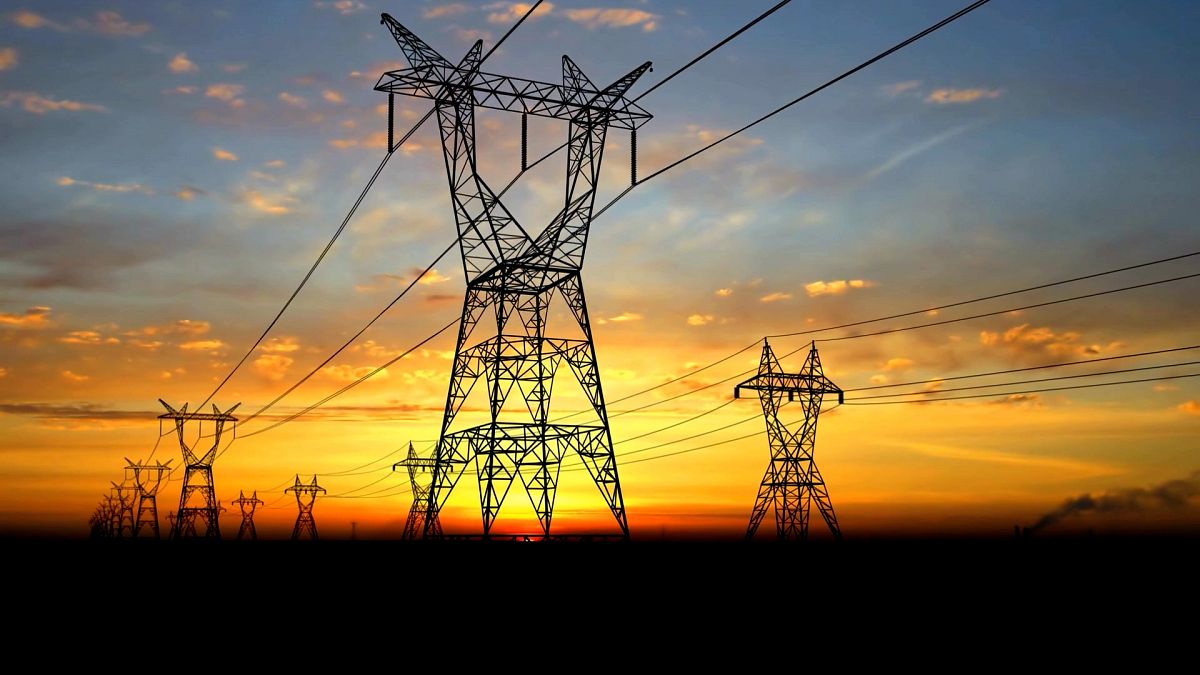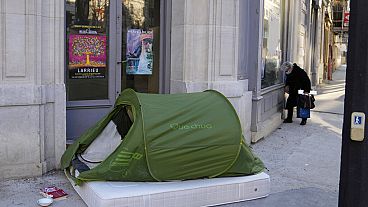Europe is not on track with its energy transition goals, but is in a good position to succeed in reaching them, French multinational energy management group Schneider Electric tells Euronews Business.
Europe is not yet on track with its energy transition goals, but it is best positioned to succeed in reaching them, according to French multinational energy management company Schneider Electric.
In order for Europe to reach climate neutrality by 2050, it needs to carry out its energy transition through increasing its contribution of renewables and the phasing out of fossil fuels.
But the energy crisis that followed Russia's invasion of Ukraine in 2022 led to a setback in the continent's achievements and higher emissions.
Talking to Euronews Business at the company's recent innovation summit in Paris, Power Systems' Executive Vice President, Frederic Godemel, said that one of the most pressing matters in Europe was about decarbonising buildings, which accounted for 40% of greenhouse emissions in the EU. However, he said, decarbonising them would take about 100 years at the current speed.
Wasting renewables
According to the IEA, low-emissions sources are set to cover almost all the growth in global electricity demand in the next three years. However, a lot of renewables go to waste. The problem comes from electricity grids not having the capacity to flow all the produced power, said Godemel.
To integrate new renewable projects, grid capacity needs to be improved and a faster network created.
"A lot of investment is needed", said Godemel, adding that support and investment should come from both public and private sources.
In order to benefit from cheap, renewable electricity in the future, he said: "What we have to do in this period of time, is keep the old investment running, because the world still needs some oil and gas as we speak, but build new investments."
Schneider Electric's Executive Vice President of Europe Gwenaelle Avice Huet recently talked to Euronews Business about how the EU still spends €1 billion a day on importing energy, even though accelerating the necessary procedures, simplifying permitting regulations and shortening licensing times could lead to shaving off a large portion of the cost, thereby increasing competitiveness.
According to Godemel, if investments are on track, and laws are in favour, Europe will be able to source more than half of its energy demands from renewables, within 10 years. Meanwhile, investment in renewables and new technologies that help save electricity, is expected to fully return in between five and seven years, said the Vice President.
Watch the video above to learn more about what are the most pressing matters in the way of the energy transition in Europe.



